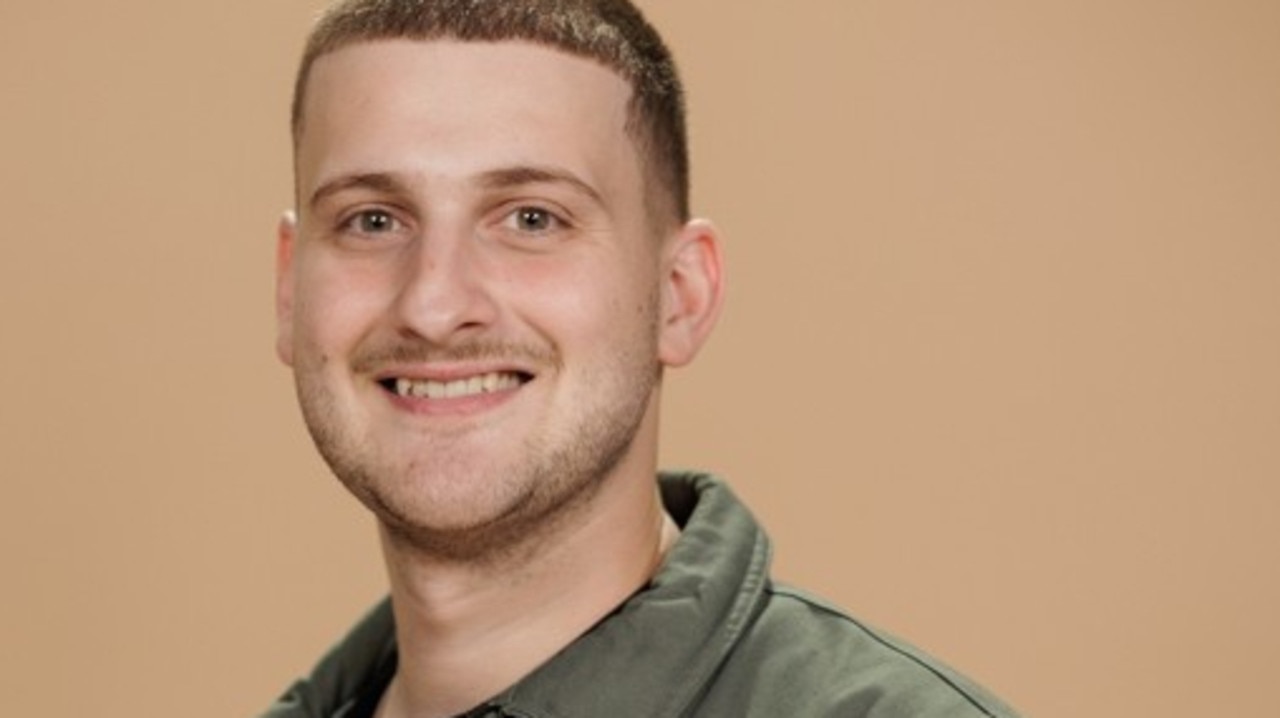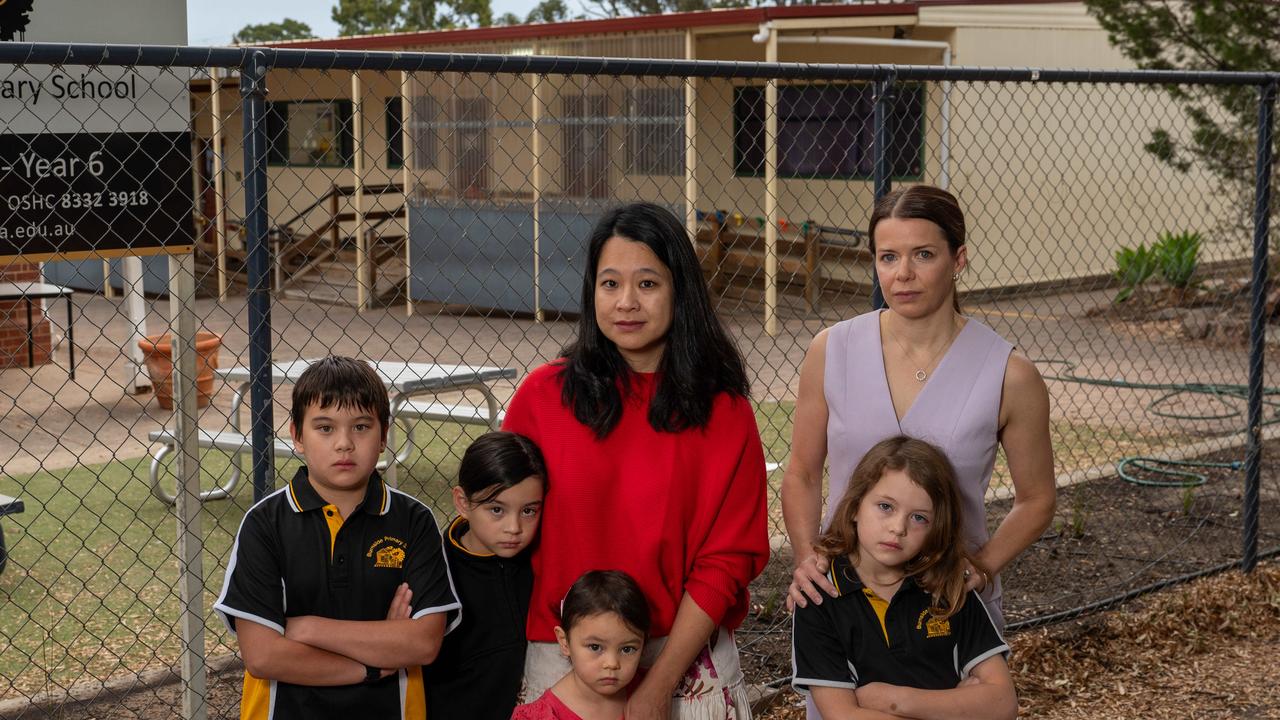Flinders University urges return of international students, warning of effects of decline
Flinders University says it is ready to welcome back international students and is urging the federal government to let them in as soon as possible.
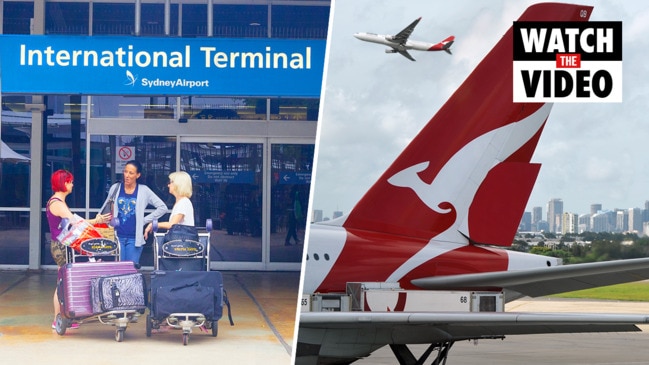
Education
Don't miss out on the headlines from Education. Followed categories will be added to My News.
An urgent plan is needed to bring international students back to South Australia, as new figures reveal Covid-19’s hit to the state’s $2 billion sector, Flinders University says.
New enrolments have dropped by 33 per cent, while the current cohort of international students studying with SA universities, TAFE and schools has shrunk by 12 per cent compared with March last year.
Enrolments from China, the state’s biggest international student market, have dropped by 20 per cent, while new enrolments from the second biggest market, India, dropped 35 per cent while borders remain closed.
Flinders University’s vice president international, Sebastian Raneskold, said while Australia’s initial border closure had been very effective to manage Covid-19, the decline in international students would have significant flow-on effects for SA’s economy and was “deeply concerning” for universities.
“We are ready to welcome back our students immediately, and urge the federal government to swiftly make this a reality,” he said.
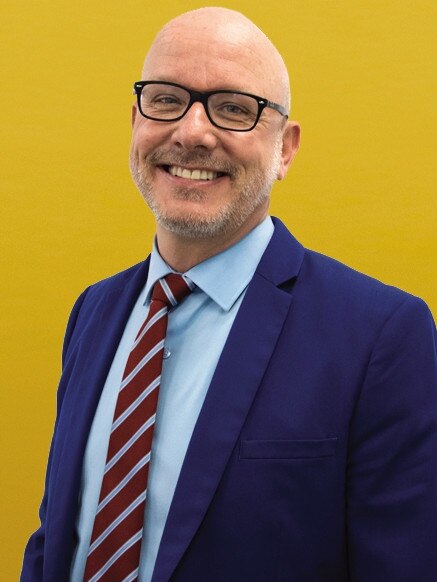
Professor Raneskold said the university “strongly supports” the “urgent activation” of an international student arrival plan.
“This could include dedicated quarantining facilities for international students to ensure their return doesn’t affect general repatriation efforts,” Prof Raneskold said.
The state government is considering a facility, separate to SA’s medi-hotels, as part of its plan to bring international students back, but has yet to send the proposal to the federal government.
“The longer we delay their return, the slower the state’s economic recovery will be and the poorer our social fabric will be,” Prof Raneskold said.
“As we have come to understand the disease, it has become clear that with careful quarantining, supported by increasing rates of vaccination, our students should be able to return to SA to resume their studies.”
Prof Raneskold said international students created jobs in the local economy, supported “innumerable local businesses”, deepened cultural understanding and built valuable links.
International student enrolments dropped to 7365 in March this year, compared to about 11,000 the year before. The current cohort declined from 35,200 in March 2020 to 32,040 this year, new federal education department figures show.
But SA performed better than most other states, so students already in Australia may have transferred to SA providers from other states, International Education Association of Australia chief executive Phil Honeywood said.
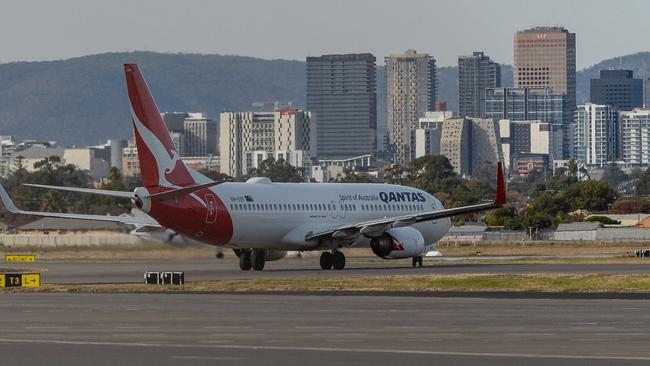
“A combination of factors obviously played into their choice, which would be good management of Covid compared to Victoria, the ability to get part-time work still while studying, and also the South Australian brand is ‘live, learn and stay’, which provides many of them with the hope that they might get a migration outcome,” he said.
“The downside is that NSW is likely to be the first state to have a meaningful student return plan implemented, and that would drive market share towards NSW.”
He said the sector wanted governments to show “political bravery to get things happening sooner rather than later”.
Adelaide University pro vice-chancellor international Jacqueline Lo said many students overseas were really struggling, particularly in India, and were losing hope they could come back to Adelaide, despite efforts to support them. She said it had been “disappointing and very worrying” to see the federal budget assumption that borders could be closed until mid-2022.
A UniSA spokesman said the university had “experienced a significant drop in onshore international student commencements as a result of border closures” and was continuing to work with the state government and Study Adelaide on arrangements for the safe return of students.
SA Trade Minister Stephen Patterson the state and federal governments were working closely to finalise a plan that “ensures a safe and sustainable program for both students and the South Australian community”.
Study Adelaide chief executive Karyn Kent said the group was helping students stay connected to Adelaide, while marketing campaigns were in place to keep Adelaide “high on the list” of study destinations.


